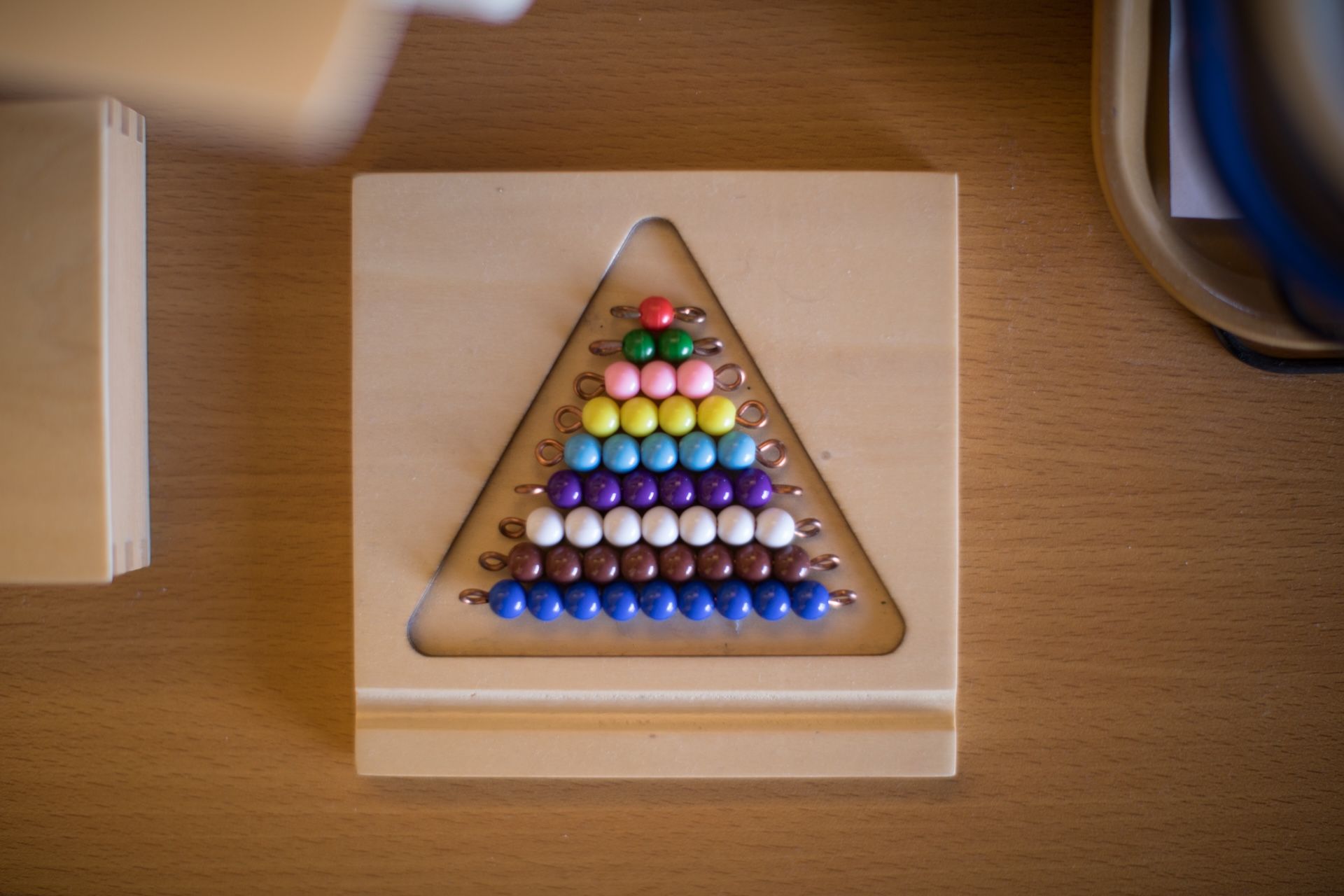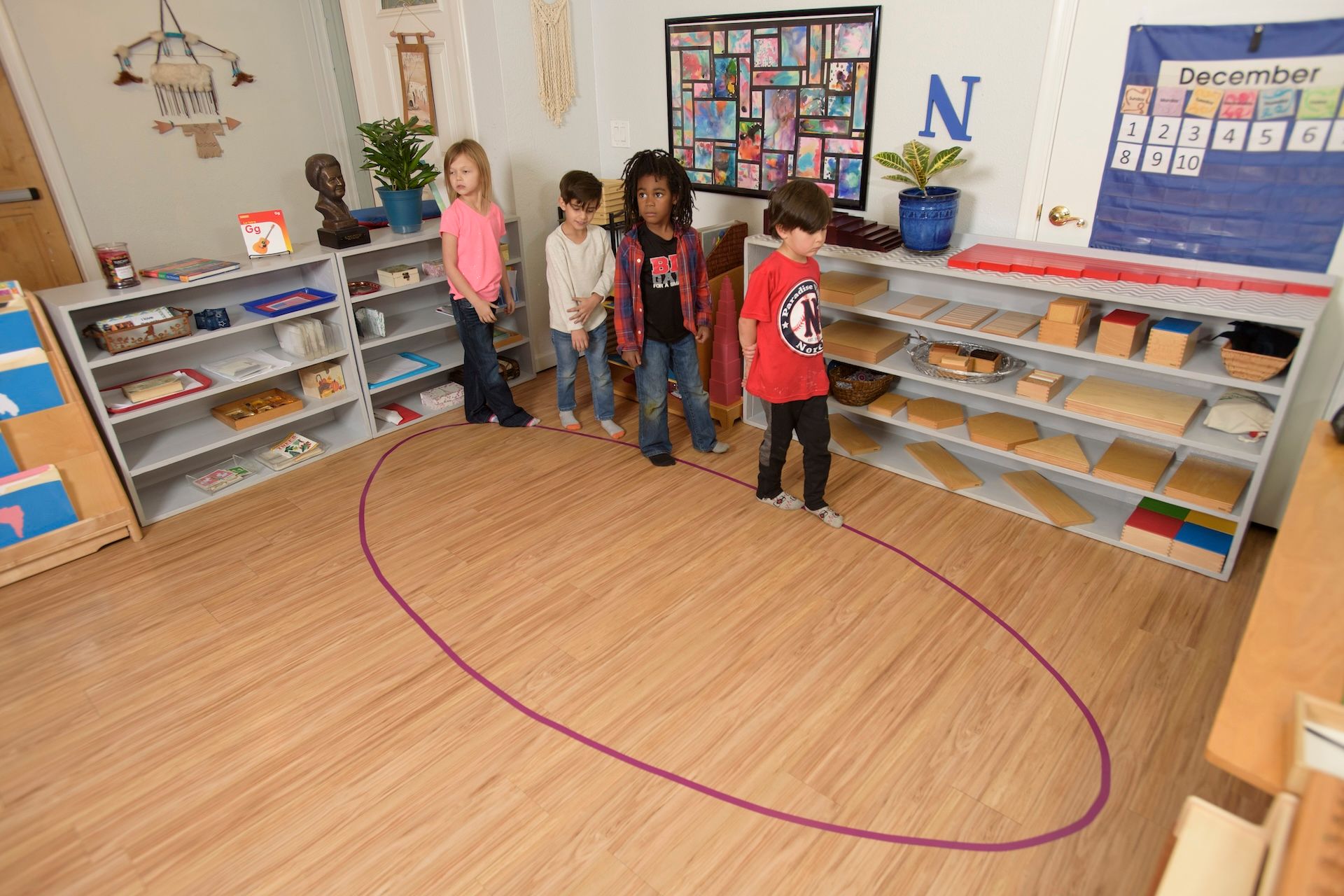As a parent considering a Montessori school for your child, chances are you’ve heard both good and bad things about Montessori education. Like most educational philosophies, the Montessori method has critics as well as supporters. And before you decide to enroll your child in a Montessori school, we know you’re going to want to make sure the critics aren’t right. So let’s talk about five of the most common criticisms of the Montessori method.

It Can’t Be Replicated
There isn’t a single standard for exactly what a Montessori classroom looks like or how Montessori schools must conduct themselves. Critics of the Montessori method say this means it’s impossible to tell whether or not you’re sending your kids to a good school.
However, Dr. Montessori’s methods have been replicated, adapted, and used around the world for many years. While Montessori advocates don’t always agree on exactly how to implement Dr. Montessori’s vision, it’s inaccurate to say her philosophy isn’t reproducible or that there’s no such thing as a “typical Montessori classroom.” And there are Montessori organizations that set standards for schools. For example, Pebblecreek is accredited by the International Montessori Counsel .
There’s Not Enough Interaction
Some critics say that Montessori’s emphasis on allowing students to explore their environments for themselves and work on their own projects discourages social interaction. Some go so far as to say it hurts children’s social development.
But a Montessori environment doesn’t isolate students. They spend time together in a classroom most of the day. While they have the freedom to work alone with materials, they also have the freedom to interact with each other. Teachers lead group activities and older students in the class get leadership opportunities. We just respect the children as individuals and work with them instead of forcing them into scheduled group work.
No Time For Childhood
Another criticism detractors make is about Montessori’s emphasis on practical life skills. Dr. Montessori did not believe fantasy and imaginative play helped children develop. Her methods emphasize helping the child navigate the real environment and refine sensory skills even from a very young age.
This doesn’t mean we’re robbing children of their childhoods. Children learn easily in their early years and Montessori education lets them take advantage of that. We support a child in their formative years to learn and explore in a natural way. It enriches childhood and supports both advanced learners and students who might struggle in a traditional classroom environment.
Too Much Structure
While there’s a lot of freedom in a Montessori classroom, they also have a very structured environment. Some critics say this structure kills creativity. But that is not its goal. Ideally, the structure supports students in their own creative, independent exploration.
Montessori schools design the environment to maximize every student’s potential. That said, the extent to which teachers encourage creativity largely depends on their teaching style. Most schools are happy to let you talk with their teachers before enrolling your child so you can learn more about their teaching methods and goals.
Expensive and Inaccessible
Dr. Montessori initially designed classroom materials to be easily and inexpensively reproducible. However, there’s now a fairly high cost associated with items described as “Montessori materials.” This cost, along with the fact that Montessori schools are often private schools, contributes to the idea that Montessori education is expensive and only for wealthy families.
But Montessori schools don’t choose or reject students based on family prestige or wealth. In fact, many schools are working hard to improve accessibility to students from a wide range of socio-economic statuses. They choose applicants based on whether or not the child and school are good fits for each other. This is as much about making sure the Montessori environment is good for your child as it is about seeing if they fit in our classrooms.
We’re happy to answer questions you might have about why Montessori education may or may not be the best choice for your child. You can give us a call or send an email to ask questions or schedule a classroom visit. We’d love to hear from you.
Hours
MONDAY - FRIDAY
HALF DAY: 8:30a – 12 noon
ACADEMIC DAY: 8:30a – 3:30p
EARLY CARE: 7:00a – 8:30a
AFTER CARE: 3:30p – 6:00p
OFFICE: 8:00a - 4:00p
Programs
Connect
Pebblecreek Montessori




